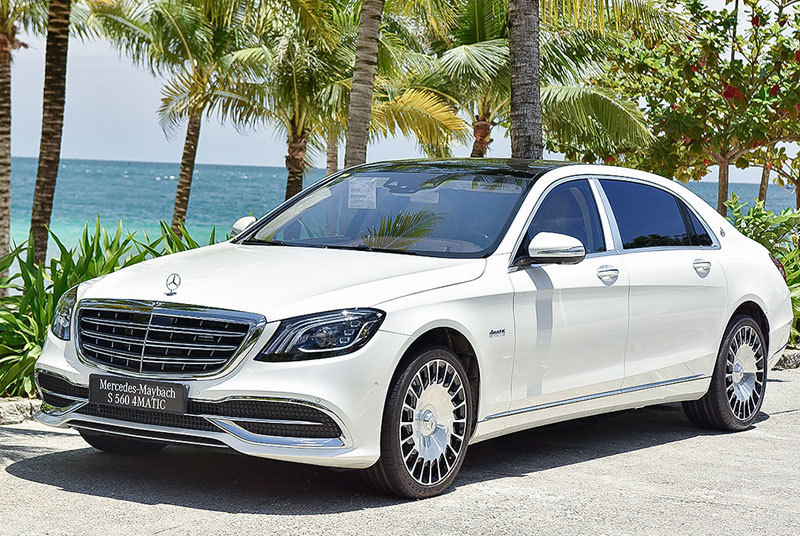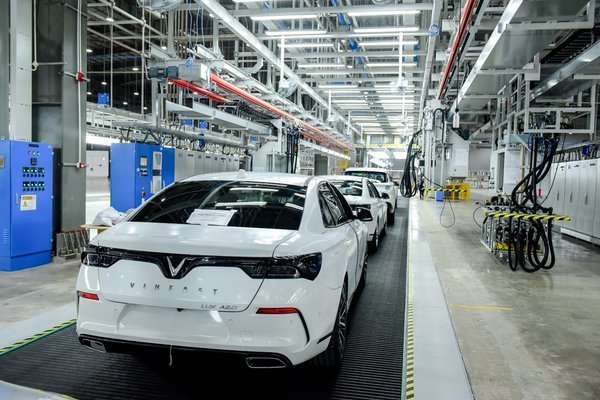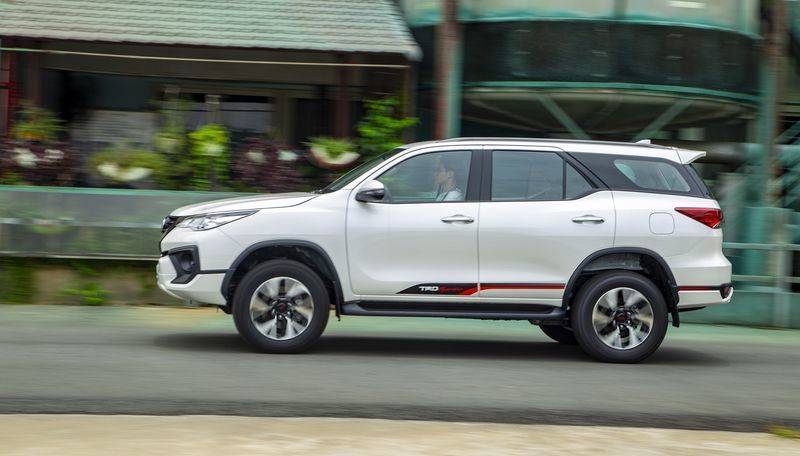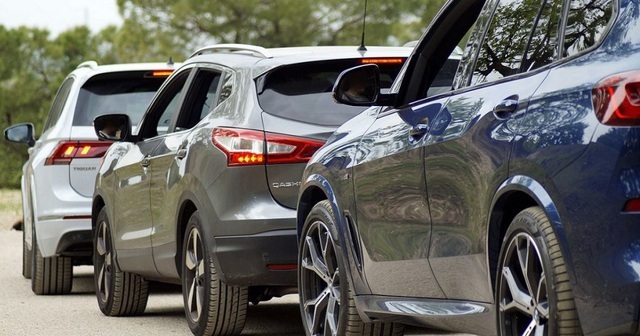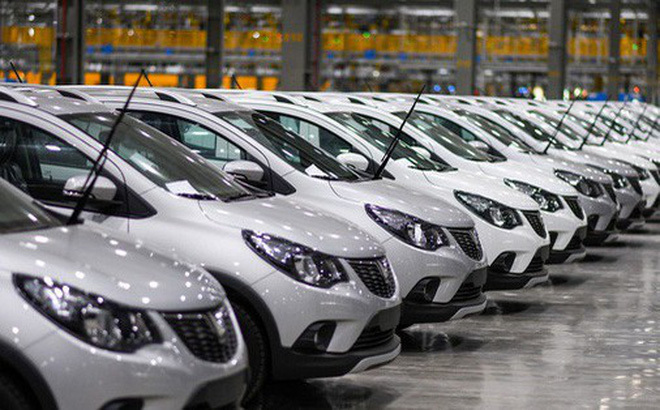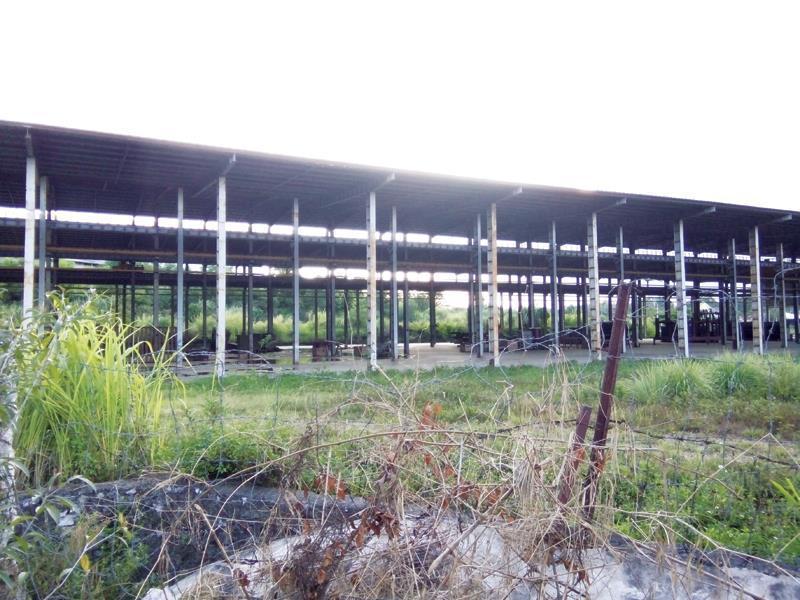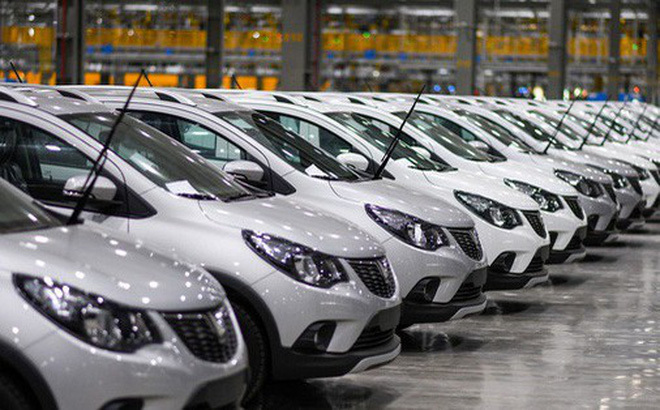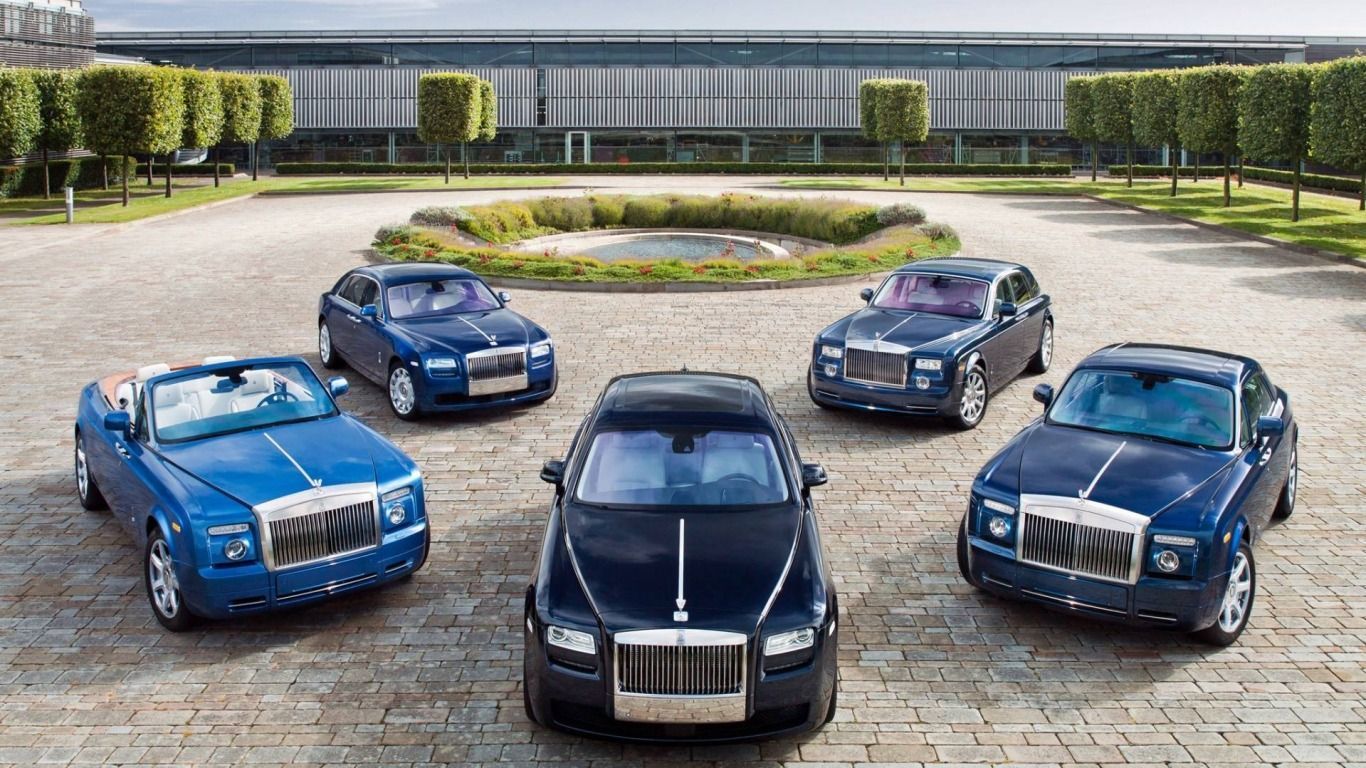- © Copyright of Vietnamnet Global.
- Tel: 024 3772 7988 Fax: (024) 37722734
- Email: [email protected]
automobile industry
Update news automobile industry
Luxury car prices fall, sales improve
The sales of luxury models in 2020 saw a slight decrease compared with 2019, but the market segment did not bear heavy impact from the pandemic. Wealthy people still spent money on luxury cars and the market was still bustling.
Unprecedented: Chinese car imports selling well in Vietnam
Chinese car brands made a breakthrough in 2020 when their cars began selling well in Vietnam, which had never before favored products from China.
After fast growth, domestically assembled cars face downtrend
The year 2020 witnessed many ups and downs of the car market. In H1, demand dropped dramatically because of Covid-19, but in H2, cars sold well thanks to the preferential vehicle registration tax.
Low-cost cars remain dream for Vietnamese
Vietnam’s automobile industry had a prosperous year 2020 despite COvid-19. Manufacturers scaled up production, and new investors appeared.
Thailand dominates Vietnam's car imports
Thailand has continued to hold a large share of Vietnam's car imports according to initial statistics of the General Department of Vietnam Customs.
Automobile industry: localization ratio still low, price still high
After 25 years of development, the automobile industry has failed to reach its localization ratio goal, while cars in Vietnam are more expensive than other regional countries.
Used car dealers offer preferences, market warms up
Used car dealers do not want to lower prices for fear of losses, but they are offering many preferences to attract buyers.
Automotive market enters year-end sales
It is more than two months until the Lunar New Year, but now automakers have rushed to launch several promotional campaigns.
Cars to remain affordable after preferential tax reduction expires
New sale promotions on automobiles are expected to be run after the 50 percent vehicle registration tax reduction policy expires.
Preferential registration tax policy expires, domestically made automobiles at a disadvantage
From 2021, when the preferential registration tax policy is removed, domestically made cars will be at a disadvantage compared with imports.
When will taxes be lowered to reduce automobile prices?
The government has affirmed its policy to encourage the development of the automobile industry. However, the ‘encouragement’ is not attractive in the eyes of manufacturers.
VN automobile industry: new circumstances offer opportunity
Vietnam now has a new opportunity to develop its automobile industry. If the chance is missed, the country will become an automobile import market.
Thousands of Mercedes-Benz recalled in Vietnam over defective airbags
Some 3,200 Mercedes-Benz cars in Vietnam have been found to have problems with Takata airbags, according to the Vietnam Register.
Vietnam to change tax, customs policy to encourage automobile industry
Developing an automobile industry is a part of the strategy to turn Vietnam into a modern and industrialized country by 2030. More preferences for the industry will be offered in the time to come.
Vietnam still dreams of becoming an automobile production base
Some foreign automobile manufacturers and car part producers are considering setting up manufacturing facilities in Vietnam. Will Vietnam take advantage of the opportunity to become a production base in the region?
Low-cost Chinese cars do not sell well in Vietnam
Despite slow sales, Chinese auto manufacturers have never given up the ambition to penetrate the Vietnamese market.
The last chance for Vietnam’s automobile industry
The Ministry of Planning and Investment (MPI) is compiling a plan to develop the automobile industry in the post-Covid-19 period with many new solutions.
Preferential registration tax expires by year end, people rush to buy cars
The car market has recovered recently, though sales are not as good as the same period last year. The demand for both new and used cars is increasing, and the prices are escalating.
Vietnam’s super luxury car market shrinks because of sky-high taxes, fees
To own a super luxury car, one has to pay tens of billions of dong in taxes and fees, which are 3-4 times higher than imported car prices.
Car dealers sprint in last months of year, car prices plummet
A number of large manufacturers slashed car prices in early October, signaling a fierce race in the Vietnamese auto market.
